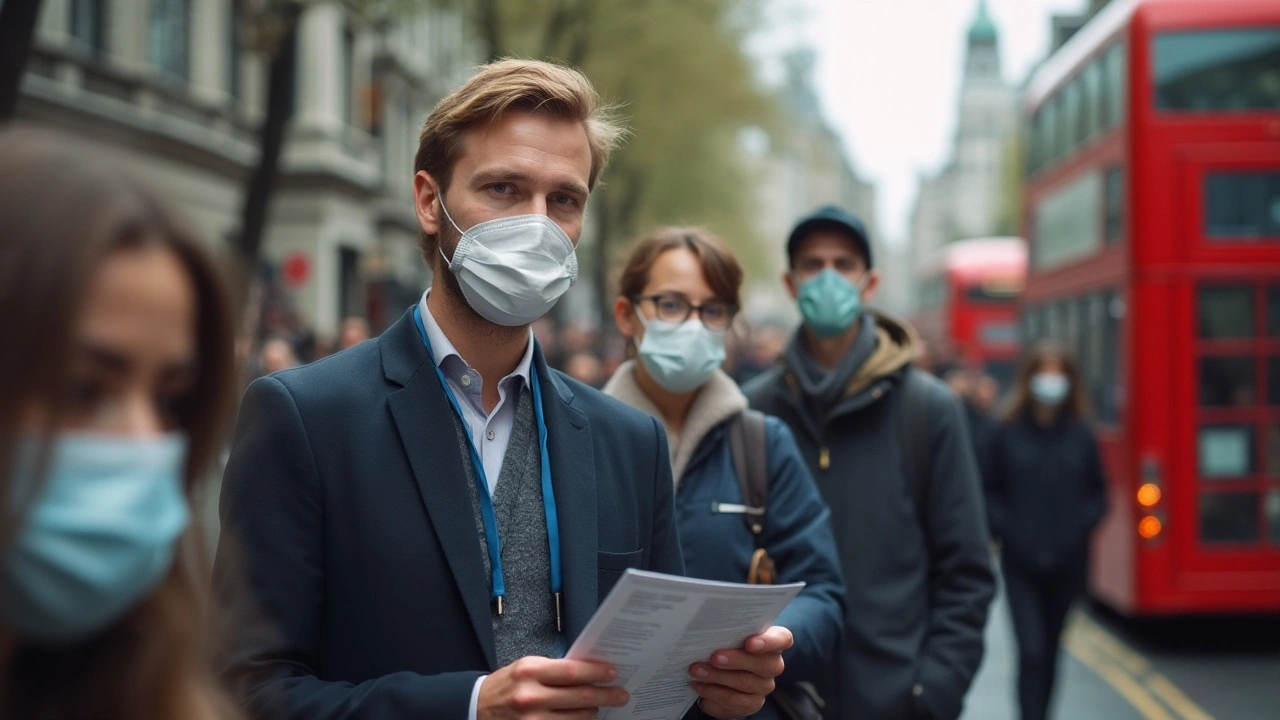Pulmonary tuberculosis (TB) is a serious lung infection caused by bacteria called Mycobacterium tuberculosis. It spreads through the air when someone with active TB coughs or sneezes. This means if you spend time near a person who's contagious, you could breathe in the bacteria. But not everyone who breathes it in gets sick. Your immune system can keep it under control in many cases.
Knowing the symptoms early can help you get treatment faster. Common signs include a persistent cough lasting more than three weeks, chest pain, coughing up blood, and feeling fatigued or feverish. Night sweats and weight loss are also red flags. These symptoms might seem like the flu or a cold at first, but if they linger, it’s time to see a doctor.
Treatment for pulmonary TB usually involves taking several antibiotics daily for at least six months. This long period helps ensure the bacteria are fully killed to prevent resistance. Sticking to the treatment is critical—missing doses can make the infection harder to treat. Doctors typically prescribe a combination of drugs like isoniazid, rifampin, ethambutol, and pyrazinamide. Side effects can happen but discussing them with your healthcare provider means they can adjust your plan if needed.
Since TB can be contagious when active, doctors might advise you to stay home or limit contact with others at the start of treatment. You’ll likely have regular check-ups and sputum tests to see how well the meds are working. Remember, completing the full course keeps you and others safe.
Preventing pulmonary TB starts with avoiding close contact with infected people, especially in crowded or poorly ventilated places. If you have a weakened immune system, your risk is higher, so extra caution matters. Healthcare workers or people living in high-risk areas sometimes get a TB vaccine called BCG, which can help reduce severe forms of the disease, especially in children.
Good hygiene helps too. Cover your mouth when coughing, and if you’re around someone with TB, wearing a mask can reduce risk. If you’ve been exposed or have symptoms, getting tested early is a smart move. TB is treatable and preventable with the right actions, so staying informed and cautious goes a long way.
If pulmonary tuberculosis sounds scary, it shouldn’t stop you from living your life responsibly. With proper care and awareness, most people make a full recovery and protect others from catching it. Should you have questions or notice symptoms, don’t wait—reach out to a health professional to get quick and accurate answers.
